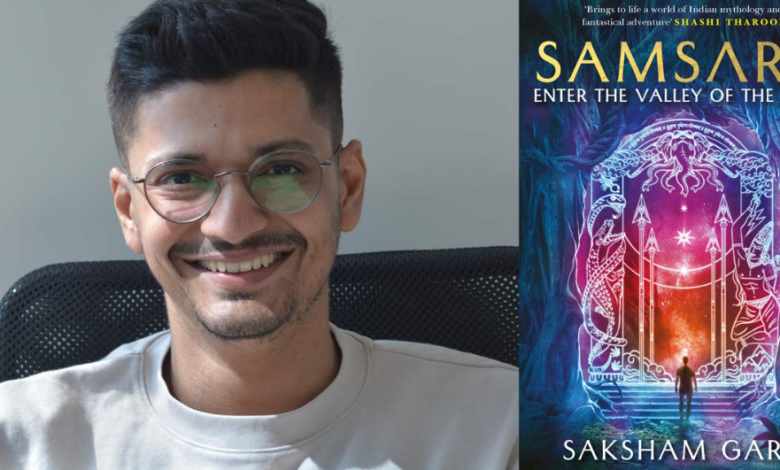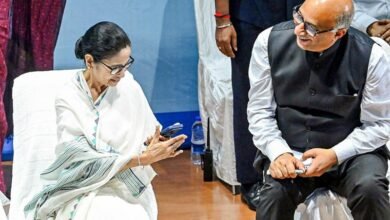Samsara, By Saksham Garg, Attempts To Reimagine Hinduism For A Divided Society

A paradox in modern-day India may be a young person protesting the Citizenship (Amendment) Act, being criticized by the liberal intellectuals for their alleged anti-Muslim motivations, and then returning home to write a novel about Hinduism’s soft powers.
Saksham Garg, a 27-year-old from Delhi, is the epitome of this conundrum. He also proudly displays his fiction book “Samsara: Enter The Valley Of The Gods,” which attempts to address one of the major issues facing the modern world—religious division—to the skeptics who might have detected irony in his advocacy and his art.
Twelve days after its release, the Penguin book, where Garg is an editor, is receiving raving reviews from readers in India. According to its creator, Samsara is the first work of upmarket fiction in India that emphasizes world-building. The creation of a completely new fictitious world is referred to as world-building in the literary dictionary.
Reimagining authentic Hinduism
Garg, who was raised in a devout Hindu family in Delhi, pulls inspiration for his story’s location and characters from classical Indian mythology, but its subject and underlying message are based on the grim reality of the present day.
The first book in the Samsara trilogy, “Enter The Valley Of The Gods,” was written by Garg ten years ago when he was in Class 11.
The storyline of the book, which the acclaimed young author Krishna Udayasankar has dubbed “India’s answer to Harry Potter,” centers on a series of strange events that occur to Aman Chandra and 10 other people after they are abducted from contemporary India and taken to a remote valley in the Himalayas. A magnificent universe of Hindu gods, immortal yogis, and fantastical creatures then begins to take shape.
It is the ideal fusion of “Harry Potter” and “Immortals of Meluha,” with the mysteries of the universe known as Vanyasa and the endearing subtleties of yogic sorcery.
The Rig Veda, the oldest sacred text of the world’s oldest religion, serves as the book’s focal point. From the pure classical Hinduism of thousands of years ago to a corrupted current version of the faith, we have come a long way.
A decade of writing and rewriting
Garg began writing Samsara ten years ago while a student at Mussoorie’s Woodstock School, from which he could see the snow-capped Seven Hills in his book. In 2011, he completed the first draught.
He shattered his leg during a football game in 2013 and was bedridden for a whole year. After crying for a month, Garg said, “I spent the next 11 months polishing the first manuscript of my work.”
He revised the draught numerous times between 2013 and 2018 when he finally earned his bachelor’s degree in economics from Hindu College, Delhi. In 2018, he started working for Penguin Random House India as an assistant editor. He only accepted the position because he wanted to learn how to edit fiction.
He presented what the publishing industry refers to as a perfect editor’s book proposal to his own company in December 2021. This year September 26th saw the publication of the book.
The following two books in the Samsara trilogy are being co-written by Garg and Aditya Goyal, a screenwriter, and a buddy from their school days. It’s anticipated that the books will be available in December 2023 and December 2024.
News Mania Desk






